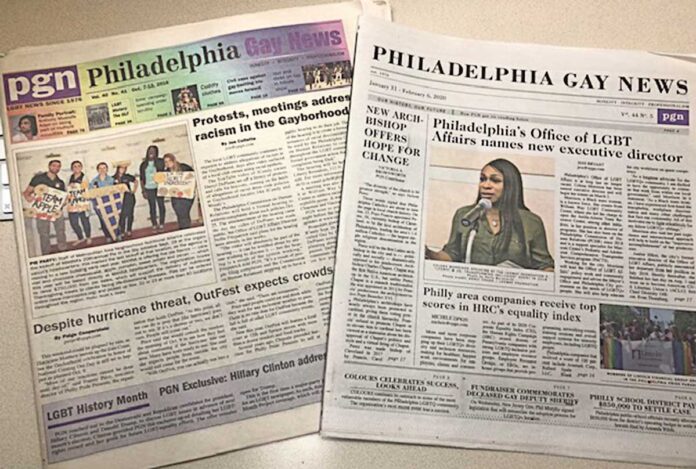August is a time when you’re soaking up the sun or winding down on your summer travel. For most, it’s a time to get away from it all, including news. But events that affect us continue regardless of the calendar.
Like many of you, I’m feeling overwhelmed by the news and, more specifically, social media. It has become a part of our lives. Even if you’re not on a social media platform — whether it’s Facebook, Instagram, TikTok or Twitter, now rebranded as X — it still affects you. What happens on these platforms often becomes the news, which affects so many other factors in our life.
I grew up during a time when social media didn’t exist, and I often wonder if society is in a better place for having a potent soapbox, showing both sides of the political divide. These platforms also help friends keep in contact instantly.
So while on a recent three-week vacation, I turned it all off. I had no social media and I tried not to watch the news. This is really difficult for me since I’m quite the news junkie, but I felt no regrets.
When I returned home, I started to question whether to return to social media, and the pressures it creates. And yes, it creates pressure. It was a decision that was hard to resolve. But since I’m in the media business, that option wasn’t available to me. It’s my job. Reluctantly, I began my morning process again of reading the morning newspapers and checking out the websites that give me the information I need to help me have an informed opinion and position me to talk on these issues with some knowledge.
There’s a part of me that would like to turn off what seems to be an endless merry-go-round of news. Then all of a sudden, something makes me understand why it’s important to stay informed. That happened this week when a mother of nine was shot to death for simply placing a rainbow flag in her store window in a small California town.
How do we make sense of a senseless act? That one murder says so much about where we are regarding gun violence, hatred and mental health. Being informed means staying informed, and understanding the context of the action you’re opining on. That’s why independent journalism is so important. It’s a job that brings me pride and that translates to using the latest tools to be informed, which begs the question: Where do you draw the line at information overload? I’m still working on that one.

